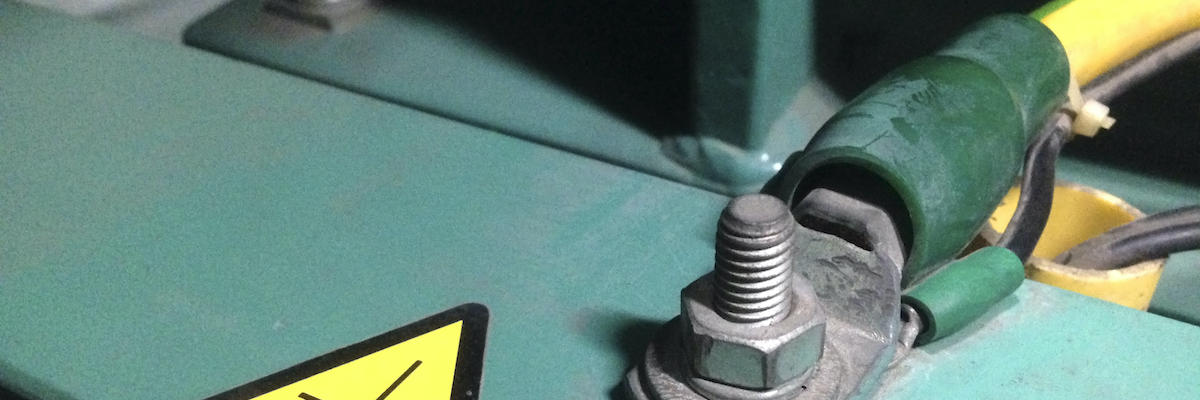How to Ground Yourself Electrically

How to Ground Yourself Indoors
Electrical grounding is a crucial safety measure designed to protect individuals and property from electrical hazards. In this guide, we’ll explore what electrical grounding is, why it’s important, and how to ground yourself indoors (safely) to mitigate the risk of electric shock and other potential dangers.
Why is Electrical Grounding Important?
- Personal Safety: Proper electrical grounding helps prevent electric shock by providing a safe path for excess electrical current to flow into the ground rather than through your body.
- Equipment Protection: Grounding helps protect electrical devices, appliances, and machinery from damage caused by power surges, lightning strikes, and other electrical disturbances.
- Fire Prevention: Grounding reduces the risk of electrical fires by preventing the accumulation of static electricity and minimizing the potential for electrical arcs and sparks.
How to Ground Yourself Indoors
Here are some important tips for how to ground yourself electronically so as to protect yourself while you work:
- Use Grounded Outlets: When plugging in electrical devices and appliances, always use grounded outlets equipped with three-pronged receptacles. Avoid using ungrounded outlets or adapters, as they increase the risk of electrical shock and fire.
- Install Ground Fault Circuit Interrupters (GFCIs): In areas where water is present, such as kitchens, bathrooms, and outdoor spaces, install GFCIs to protect against electrical shock. These devices automatically cut off power in the event of a ground fault, reducing the risk of injury.
- Avoid Contact with Live Wires: How to ground yourself electrically indoors, is to start by never touching exposed electrical wires or components while they are energized. Always turn off the power to the circuit before performing any electrical work, and use insulated tools and equipment to minimize the risk of shock.
- Wear Protective Gear: When working on electrical systems or handling electrical equipment, wear appropriate personal protective equipment (PPE), including insulated gloves, safety goggles, and non-conductive footwear.
- Grounding Mats and Straps: In certain situations, such as when working with sensitive electronic equipment, using grounding mats or wrist straps can help dissipate static electricity and prevent damage to components.
Learn More About Electrical Grounding with Gateway Cable Company!
Remember, while knowing how to ground yourself electrically is crucial electrical safety, it’s equally important to follow proper electrical installation and maintenance practices to minimize the risk of electrical hazards. If you’re unsure about how to safely ground yourself or your electrical system, consult a qualified electrician for assistance.
